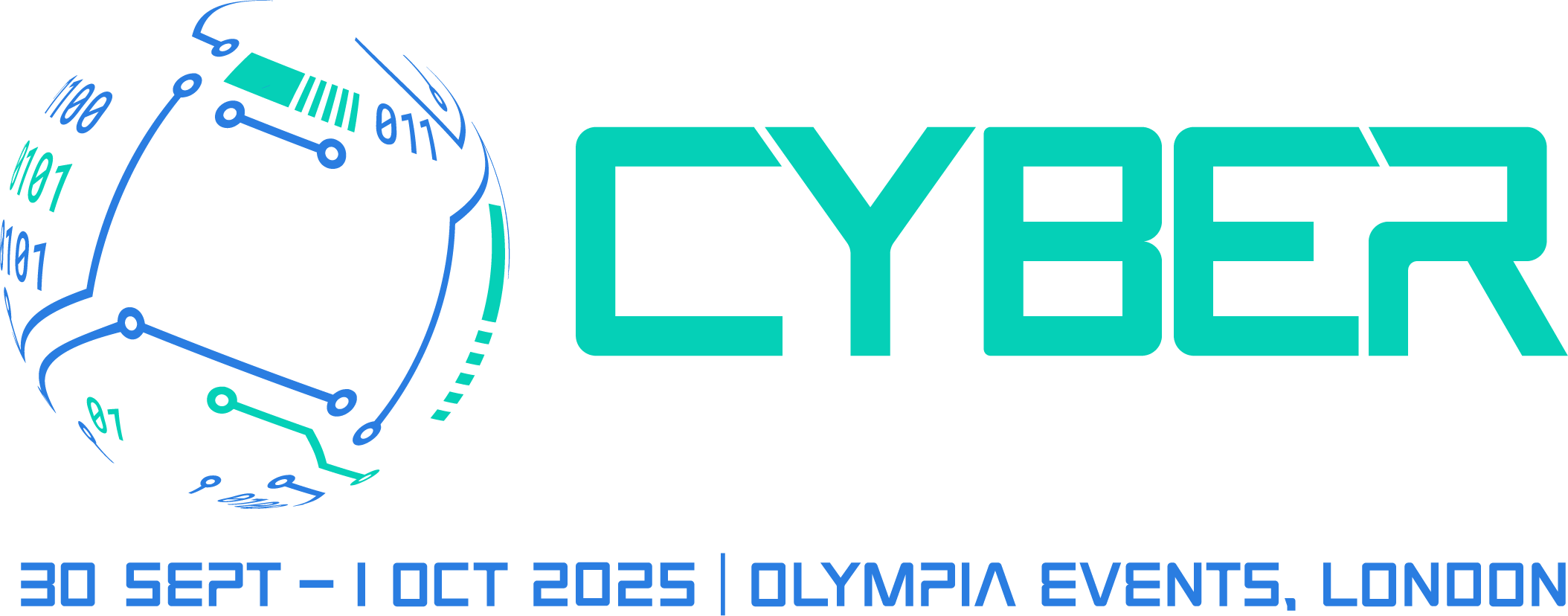Threads and the Risk of Social Media
.jpg/fit-in/700x9999/filters:no_upscale())
A new social media platform has taken the world by storm this past month. Created by Meta, the owner of Instagram and Facebook, Threads has been likened by many as a two-in-one social media platform. It has all the photo and video sharing capabilities of Instagram, in addition to the text-based interactions that makes Twitter so popular. It's the best of both worlds!
While there has been quite a bit of buzz surrounding Threads since its release, with many users flocking to try it out, it is still too early to predict how this particular platform will pan out in the long-term.
Regardless of its staying power, Threads (and all other social media platforms for that matter) present a multitude of risks to users. From influencer scams to cybersecurity attacks and data privacy issues, here are some thoughts by members of the International Cyber Expo Advisory Council on how to keep your guard up in the face of this shiny, new platform.
Lisa Ventura MBE, Member of the International Cyber Expo Advisory Council and Founder of Cyber Security Unity, said:
“Scammers will often adapt their tactics to exploit new platforms and technologies, and doing so on Threads will be no exception, so it is possible that Threads can become a target very quickly.”
Considering Threads is so new, it is possible that users may find it difficult to determine the validity of profiles and/or messages, at least in these early stages.
According to Lisa, some of these scams and attacks “could be done via phishing with the use of notifications or messages that appear to come from Threads asking users for sensitive information like usernames, passwords, or financial details. Fake profiles or accounts like on other social media platforms could also be an issue, as they will pertain to be from legitimate users, influencers, or other customer support representatives to gain trust and manipulate users into sharing personal information or engage in fraudulent activities.”
Read more on Threads and Lisa’s thoughts in The Sun: https://www.the-sun.com/tech/8538388/threads-instagram-cyber-crime-warning-scam/
See, all the classic tactics used by cybercriminals! Social engineering such as the above is a very common point of entry for threat actors in social media, and beyond. In particular, cybercriminals will seek to exploit the users learning how to use Threads. This is why it is important to be aware of possible social engineering and phishing attacks, especially when using a platform that is new.
Simon Newman, Member of the International Cyber Expo Advisory Council and CEO of the Cyber Resilience Centre for London, explained some practical tips that users can watch out for when on social media or just online:
“Cyber criminals are becoming increasingly sophisticated, making it harder to spot scams. However, there are several things you should look out for which can help you avoid falling victim. For example, a promise that sounds too good to be true – such as a guaranteed return on investment. You should also be wary of celebrities being used in adverts to front these types of schemes.”
Another thing to watch out for are deep fakes.
He commented, “The rise of ‘deep fake’, where Artificial Intelligence is used to create fake videos, audio and photographs is becoming harder to spot as the technology improves.”
On social media platforms, deep fakes are only becoming more and more popular, and more and more convincing. A video of an influencer or celebrity convincing his/her audience to peddle a certain scheme or scam is likely to become par for the course, because as Simon explained, “criminals are very good at using people we trust to encourage others to part with their money. Many well-known TV personalities have been used without their permission to advertise a wide range of scams.”
Read more on Simon’s thoughts in The Independent: https://www.independent.co.uk/life-style/money-saving-expert-martin-lewis-consumers-hmrc-celebrities-b2372528.html
But it is not just celebrities and influencers that cybercriminals are likely to impersonate on social media.
According to Lisa Ventura, “another main way that scammers could target users on Threads is by impersonating platform officials, moderators or popular figures within the community. They may try to exploit users by claiming to offer special privileges, promotions, or exclusive content in exchange for personal information, payment or other deceptive means or actions.”
For these reasons, it is extremely important to be on your guard against possible scams and social engineering attacks on platforms like Threads, Instagram, Facebook, and Twitter.
Yet, cybercrime is not the only thing to be wary of when signing up for a new social media platform. Data privacy and collection is an enormous concern when it comes to social media. While we are still learning about Threads and exactly all the data that it collects, we do have quite a bit of information on Instagram data usage.
Lisa Ventura explained:
“Instagram, like many other social networks, collects data from its users to build detailed profiles that help tailor content, advertisements, and recommendations. Users will often provide information via data which is shared when creating an Instagram account or creating a profile, and will often include sensitive personal details such as name, username, email address, phone number, profile photo, etc. Users will also often provide information willingly such as age, gender, location, and interests, without realising the impact this will have, as Instagram will utilise this information to personalise the user experience and send targeted ads.”
While personalised ads can be great and helpful, they also present some concern when it comes to data privacy. Social media apps will track all activity of users and use this data to cater the experience to individuals. According to Lisa, the activity tracked will include “the content users post, the accounts they follow, the posts they like and comment on, and the stories they view.”
But it is not just social media activities that a platform like Instagram will track. According to Lisa once again, “Instagram collects data from external sources to enhance its understanding of users. This data will often come from third-party websites and apps that have integrated Instagram functionalities... Additionally, Instagram may receive information from data brokers and other partners who provide demographic, behavioural, or interest-based data.”
While many users agree to the privacy policies of the various social media platforms they use, many do not know the extent to which these platforms collect information on users.
Lisa said, “It is generally understood that social networks like Instagram primarily exist to serve targeted content and advertisements, and thus, data collection is an integral part of their business models. In other words, each end user is the product.”
A significant problem with this is that users typically have very little control of how social media platforms collect their data. There are some actions, however, that users can take to mitigate any consequences that come with this data collection. Lisa suggests that users review their privacy settings, limit the amount of data that is shared, opt out of personalised ads, and to regularly review privacy policies to remain abreast of any changes.
There are always actions that can be taken to protect oneself, as the above advice by International Cyber Expo Advisory Council members suggests. However, in this age of an ever-increasing online presence, it is incredibly important that individuals weigh the benefits and disadvantages of signing up for Threads or any other social media platform. There are many ways in which it is difficult to protect oneself against social media phishing, scams, and data privacy violations, and so it is up to each person to decide whether these risks are worth it.


